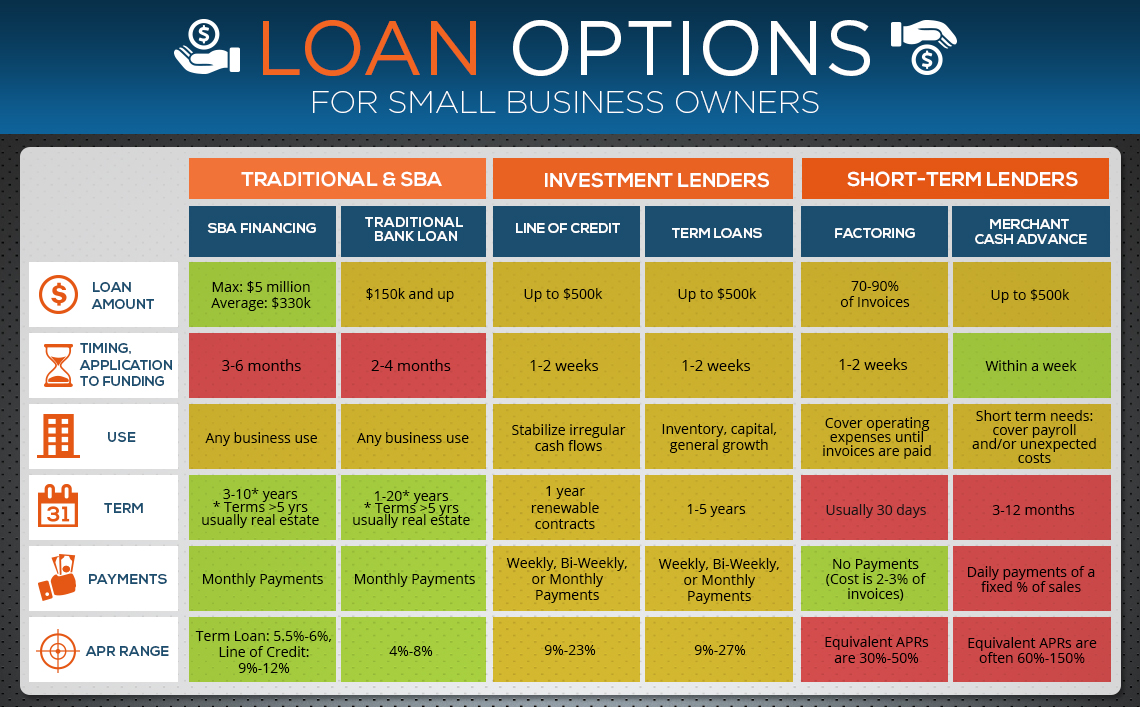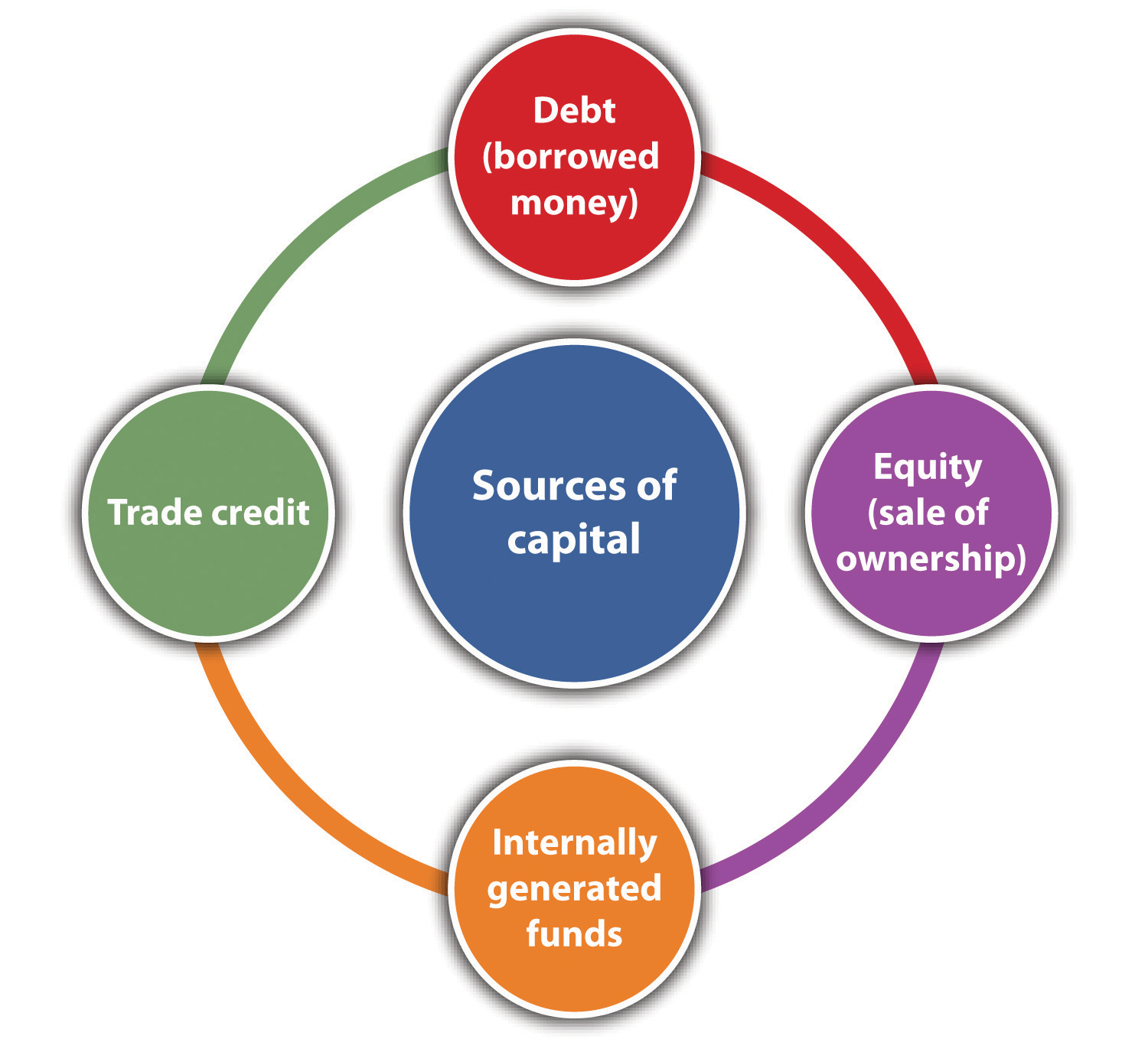
Image source: https://www.salesforce.com/content/dam/blogs/legacy/2015/01/6a00e54ee3905b883301bb07d3797b970.jpg
One of the most burning questions entrepreneurs ask is how to go about funding their new businesses. Fortunately, there are as many answers to the question as there are businesses. This is a two-edged sword, however. While there are plenty of ways to fund a new business, the options can be overwhelming. As you ponder how you might go about funding your business, consider these 6 options:
1. Investments and Savings. This is the most logical place to start when finding business funding. If youre serious about starting your own business, then you should be willing to put your money where your dreams are. The advantage of financing your own endeavors is that youre not beholden to anyone if your business goes under. The disadvantage, of course, is that you can completely wipe out your savings if your business fails. So consider what percentage of your assets youre willing to liquidate for the sake of the business.
2. Family and Friends. This is a good option for many business owners, but consider it seriously before you start asking your own friends and family for money. Borrowing money from people with whom you are close can be risky business as it can cause lots of tension. Even if they tell you that they dont expect you to pay them back, the issue will always be the elephant in the room.
3. Second Mortgage. One option for raising money is to use the equity in your
own home. This carries a lot of risk, however. The disadvantage is that the money will have to be paid back whether or not your business is a success. But the advantage is that the interest might be tax deductible on this low-interest source of funds.
4. Credit Cards. This is a very risky option, but one that many business owners opt for anyway. Its easy to get a line of credit, and many credit card companies will be willing to let you charge great amounts. The interest rates are high, though, and you could end up with hundreds of thousands of dollars of debt if your business fails.
5. Angels. These are individuals who invest in start-up businesses in exchange for part ownership. Angels usually provide the seed money and are typically a businesss first formal investors. Be aware up front that some investors will simply give you the money and leave well enough alone. Others, however, will expect you to gladly accept whatever help or guidance theyd like to give you, so be clear from the very beginning what the role of the angel investor will be in your business.
6. Venture Capital. Venture capitalists are essentially more aggressive angel investors with much higher expectations. While angel investors will often write you a check and hand it to you with a smile, venture capitalists will write you a check and hand it to you along with an enormous pile of legal documents. They will expect to give a great deal of input, and they will probably be quite unhappy if your business isnt run the way they feel it should be run. Instead of giving help and guidance, they will often give ultimatums and demands.
If youre seriously considering using a venture capitalist, choose wisely. Dont jump at the first offer you receive. If your business idea is good enough for one capitalist to be interested, it will interest others as well.
Regardless of how to choose to finance your business, spend your money wisely and follow a specific plan of spending and paying back. Consider your options carefully and choose the one that will allow you to get the job down while retaining the amount of control youre most comfortable with. In the end, the less you have to borrow, the more you will own.
